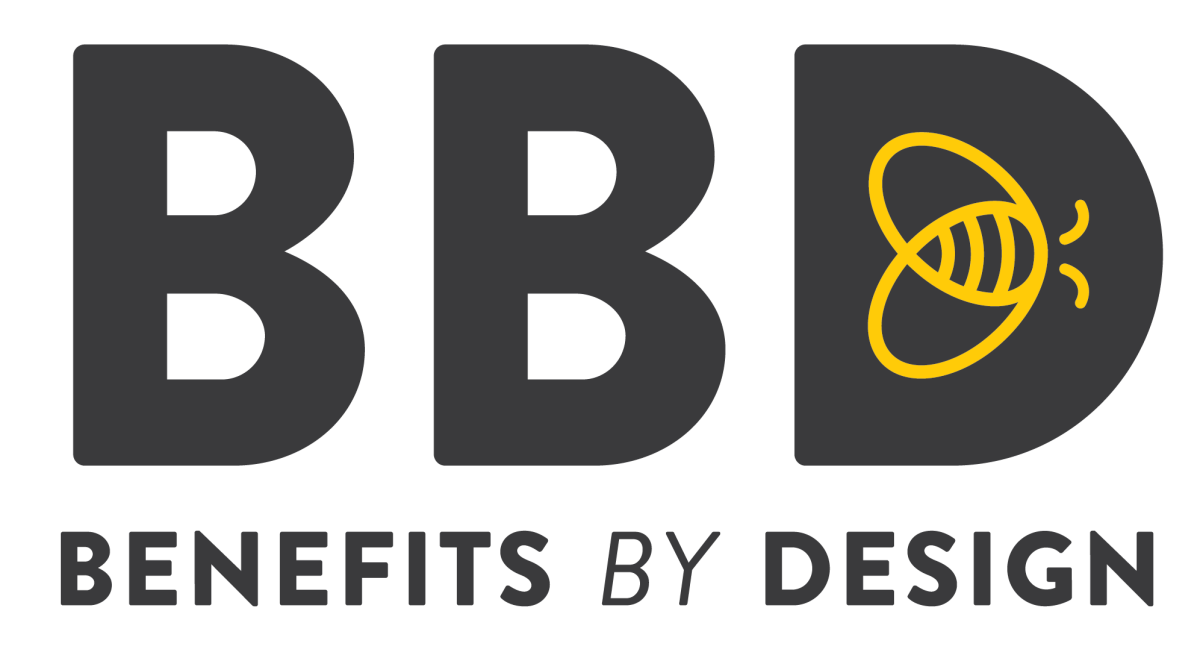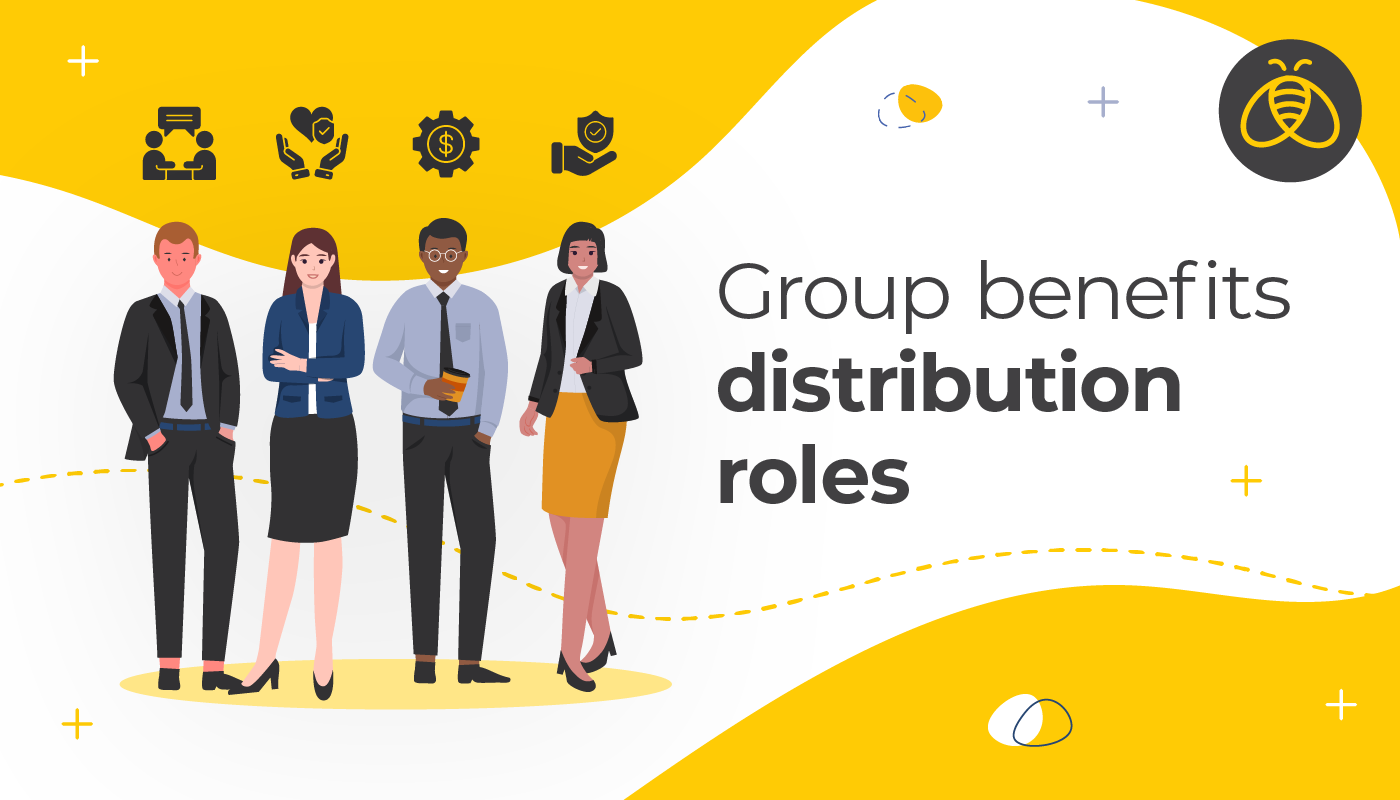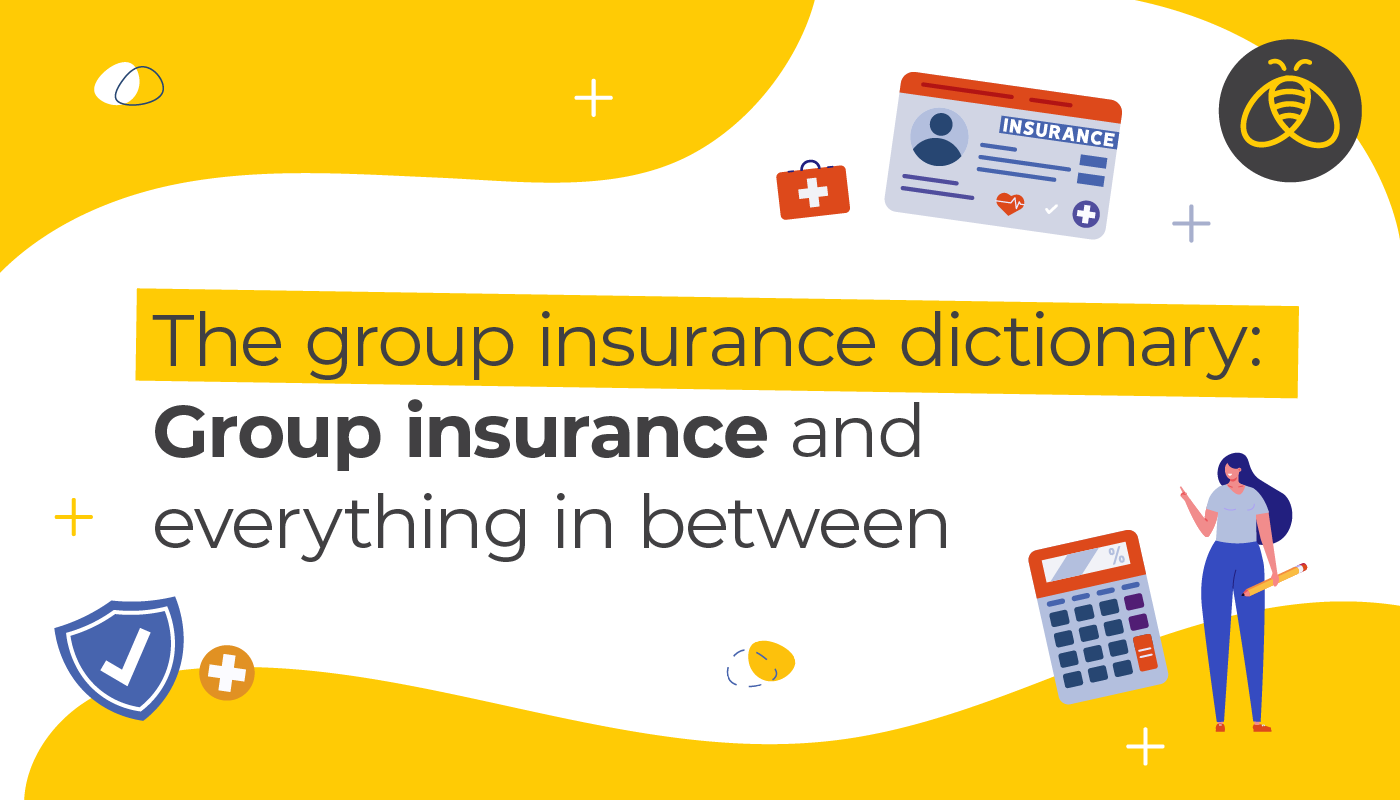Insurance renewals are a complex process. Understanding the various forces at work when it comes to an employee benefits plan renewal can be daunting for employers and Advisors alike. However, having a general knowledge of what goes on behind the scenes can help both parties make more informed decisions at plan implementation and plan renewal.
Here’s what you need to know.
What is an insurance renewal?
A renewal is an annual process whereby an Insurer or Third Party Administrator reviews the previous year’s claims paid versus premiums paid. This results in a rate adjustment (if necessary), to ensure the plan continues to be sustainable for the coming year.
In addition to claims experience, other factors affect rate adjustments at renewal.
What factors affect a renewal?
In addition to claiming activity, several other factors affect your renewal rates.
Demographic Changes of Employees
Demographics play a significant role in determining group rates for many benefits. If substantial changes in these factors have occurred over time, renewals may be affected.
- Age: For most benefits, the older the employee, the more the risk of a claim.
- Sex: Men and women have different levels of risk depending on the benefit(s). So gender distribution is an important consideration.
- Frequency and stability: When employee demographics change frequently, renewals can become challenging. This is especially true for smaller groups rather than larger groups as the changes are based on a percentage.
Large, One-Time Claims or New Drugs
Large, costly claims not typically incurred will affect a renewal to varying degrees depending on the group’s size. Small- to medium-sized businesses are more affected by these claims since the spread of risk is smaller.
You may also be looking at a decrease if a high-claiming employee leaves the plan, or on the flip side, an increase if a new high-cost drug is claimed. While this is ultimately a good thing (as employees are using the plan to stay healthy and well), this increased usage often affects rates.
Trends, Economic Factors, Inflation
Regulatory or legislative changes at the federal or provincial level will inevitably trickle down into rates. Changes in taxation, drug pooling charges, or with the Canadian Drug Insurance Pooling Corporation (CDIPC) or Quebec Drug Insurance Pooling Corporation (QDIPC) may affect renewals. Inflation and other economic factors, such as interest or employment rates, are also a consideration for the rates.
Why is my benefits renewal more expensive?
Rates can go up or down at renewal. We review your group’s claiming history and patterns, and take a look at other factors that may influence your rate. If you see an increase in rates, this was necessary to fund the plan for continued sustainability.
When will I get my benefits renewal?
Renewals are provided to Advisors 60-days prior to the upcoming renewal date. Your rates will not change until your actual renewal date.
Does my insurance automatically renew?
Yes, our underwriting team automatically starts working on your group’s renewal and sends it to your Advisor. Your Advisor will discuss your options with you.
If we haven’t heard otherwise from your Advisor on the effective date of the renewal, it is assumed that the renewal rates have been accepted.
Reviewing Your Benefits Plan
When it comes time for your renewal, you’ll want to carefully review your benefits plan to ensure it still matches up with your benefits philosophy and meets your needs.



